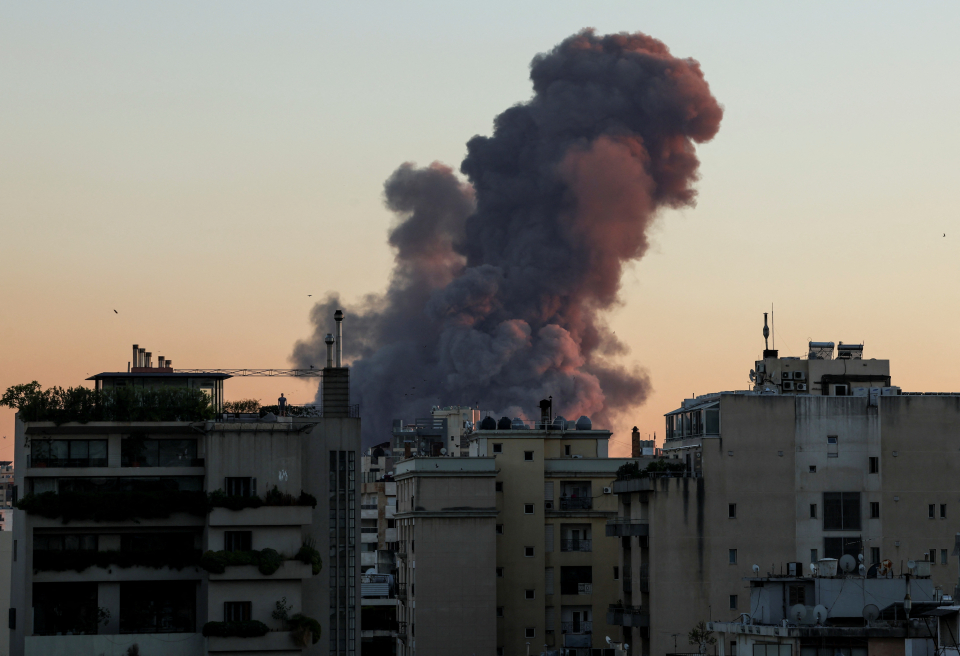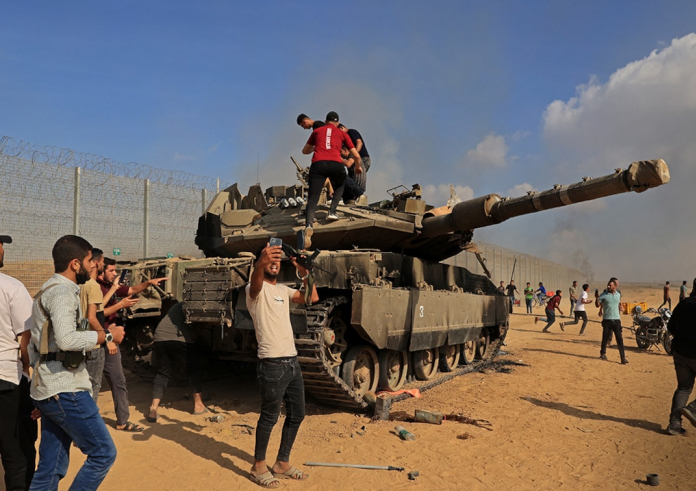A new wave of Israeli airstrikes has struck the Dahiyeh area in southern Beirut, targeting several buildings in the al-Hadath and Laylaki neighborhoods on Saturday. The attacks came just hours after an earlier series of airstrikes, escalating tensions in the region.
Reports indicated that a "third wave" of strikes targeted al-Hadath and Choueifat, another southern Beirut suburb, bringing the total number of attacks to over 30. The Israeli military claimed the strikes were aimed at “weapons belonging to Hezbollah stored beneath civilian buildings.”
However, Hezbollah's Media Relations Office refuted these claims, stating, “The enemy's allegations about the presence of weapons or depots in the targeted civilian buildings are false.”
Simultaneously, Israeli airstrikes also hit areas near the city of Tyre in southern Lebanon, including al-Bass, Burj al-Shamali, and al-Maashouq. The escalation has raised serious concerns, with Imran Riza, the United Nations humanitarian coordinator in Lebanon, warning that the country is witnessing the deadliest period in a generation.
Friday's Israeli airstrikes in Dahiyeh’s Haret Hreik neighborhood killed at least eight people and injured around 80 others, marking a severe escalation since Tel Aviv's genocidal war on Gaza began on October 7. The death toll has risen to more than 700 people across Lebanon since Monday.
Given the scale and intensity of these airstrikes, it is hard to believe that Israel is acting independently. The coordination and support of the United States, a key ally, are likely factors behind these aggressive actions. The ongoing escalation underscores the impossibility of Israel launching such extensive military operations without prior confirmation or backing from the U.S. government.

















